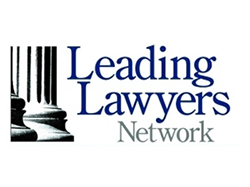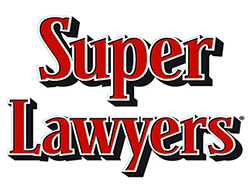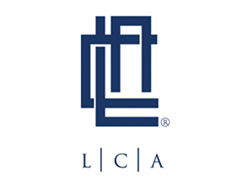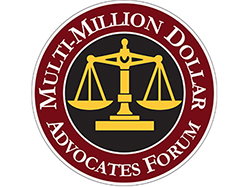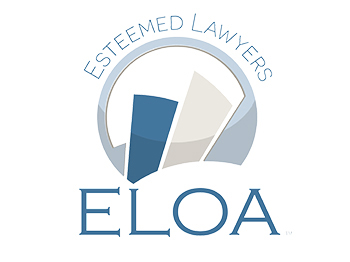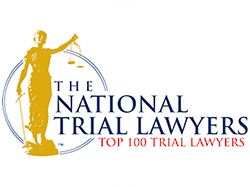Rule 702 of the Federal Rules of Evidence was adopted over a half-century after Frye, and provided: “If scientific, technical, or other specialized knowledge will assist the trier of fact to understand the evidence or to determine a fact in issue, a witness qualified as an expert by knowledge, skill, experience, training, or education, may testify thereto in the form of an opinion or otherwise.” In 1993, the Supreme Court revisited evidentiary standards in Daubert v. Merrell Dow Pharmaceuticals, Inc.The Supreme Court held that Rule 702 superseded Frye’s “general acceptance” test. The Court assigned federal court judges the role of gatekeeping. Judges were given the responsibility of excluding unreliable expert testimony. Daubert set forth a non-exclusive checklist for trial courts to use in their assessment of expert testimony:
- Whether the expert’s technique or theory can be or has been tested and assessed for reliability;
- Whether the technique or theory has been subject to peer review and publication;
- The known or potential rate of error of the technique or theory when applied;
- The existence and maintenance of standards and controls; and
- Whether the technique or theory has been generally accepted in the scientific community.
Rule 702 was amended in 2000 to adopt the language set forth in Daubert. However, the adoption did not prevent courts from inconsistently applying the rule. Some courts delegated their role of excluding unreliable expert testimony to the jury. As such, the Advisory Committee of the Federal Rules of Evidence amended the rule as follows[1]:
Rule 702. Testimony by expert witnesses.
A witness who is qualified as an expert by knowledge, skill, experience, training, or education may testify in the form of an opinion or otherwise if the proponent has demonstrated by a preponderance of the evidence that:
a) the expert’s scientific, technical, or other specialized knowledge will help the trier of fact to understand the evidence or to determine a fact in issue;
b) the testimony is based on sufficient facts or data;
c) the testimony is the product of reliable principles and methods; and
d) the expert has reliably applied the expert’s opinion reflects a reliable application of the principles and methods to the facts of the case.
The first amendment emphasizes the judicial gatekeeping function by explicitly stating the preponderance standard applies to the entire rule. This change should ensure that expert opinions undergo the necessary judicial rigor before being presented to the jury. The second amendment is to subsection D. The new rule provides that the expert’s conclusion must logically follow from a reliable application of the expert’s principles and methods. The amendment is intended to prevent an expert coming to a nonsensical conclusion, despite laying out purportedly reliable methodology.
These two changes should remedy the pitfalls of Daubert and its progeny and ensure a more consistent application of Rule 702. The next step for the amendment will be approval by the Judicial Conference of the United States. The amendment will then need to be approved by the United States Supreme Court. If there is no intervention from Congress, the amended rule will take effect by December 1, 2023.
[1] Additions to the rule are underlined, and omissions are struck through.


